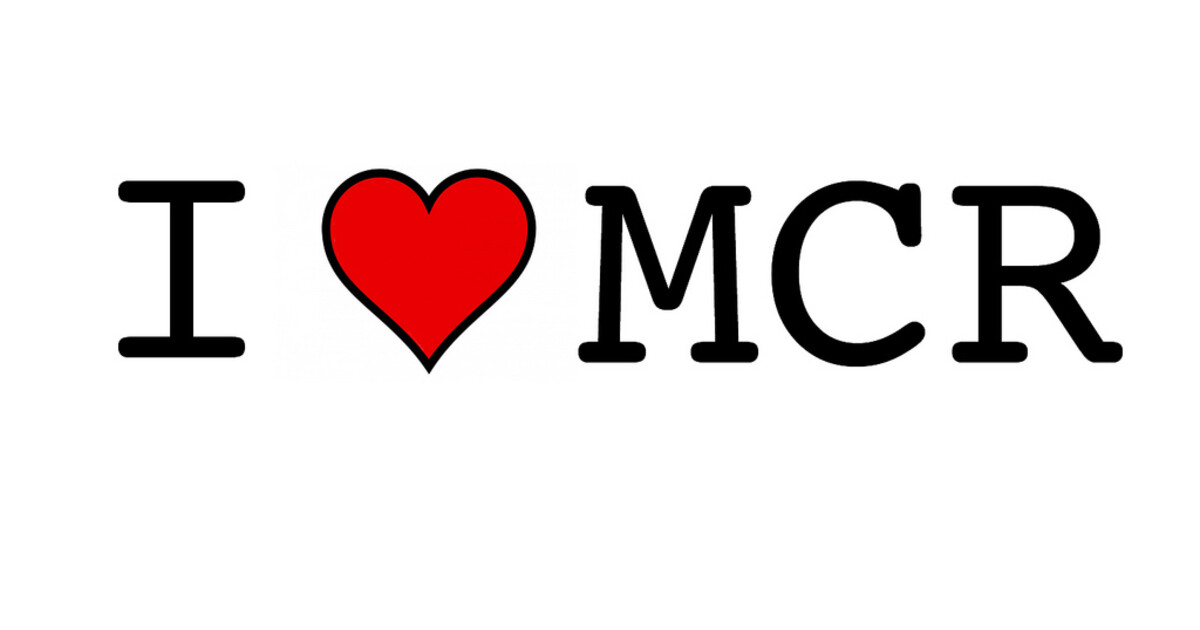Amidst all the darkness is a light that never goes out

The light shines in the darkness, and the darkness has not overcome it. It’s a line from the Gospel of John which I used in a recent address to a church who had invited me to discuss what I recently witnessed of the Mediterranean refugee crisis. It’s a line which goes beyond any and all faiths and is strikingly relevant this week.
The darkness which came to Manchester on Monday did so in the shape of a man so driven by hatred, so lacking in humanity that he slaughtered children leaving a pop concert. The horror of that moment will stay with those who survived and the families of those who did not for the rest of their lives. To call it a tragedy downplays its wickedness; it was an atrocity.
And the darkness came again on Wednesday, when 34 refugees, mostly babies and toddlers, drowned in the Mediterranean. They were trying to flee from Libya, just as those I met on the Italian island of Lampedusa had done. They were not the first to die on that crossing this month and they will not be the last.
But in the darkness there is always light. In Manchester it was those who ran into the danger. Not only the emergency services who stand ready to do so every day but passers-by, parents who ensured their own children were safe before going back for children they did not know but who needed them at that moment. The light was Chris Parker, the homeless man, floored by the blast but whose efforts to save the injured have seen offers flood in to help him find a home.
And I’ve seen for myself the light in the Mediterranean, helping those forced to make desperate and dangerous journeys. The wonderful people at Mediterranean Hope who moved to Lampedusa four years ago to support arriving refugees; the tiny Methodist community in Scicly, Sicily, whose ‘House of Cultures’ is a safe and loving home for more women and children at any one time than there are in their own congregation; and the charities operating their own rescue ships, filling gaps left by European governments to save as many lives as they can in that vast expanse of water.
Whether the Neo-Nazi terrorist who murdered Jo Cox one year ago or the Daesh-inspired coward who blew himself up surrounded by children, their aim is the same. They want to create chaos, sow fear and turn us against each other. Their aim is to bring the darkness. We will not let them.
Many delivering messages of unity have been accused of offering nothing more than empty platitudes in the face of Monday’s atrocity. The reality is that words can never do justice to the horror of what happened at the Manchester Arena or in the Mediterranean this week. That does not change our duty to speak out.
Patrick Harvie spoke at First Minister’s Questions yesterday of what we all feel as we learn the names, the ages, the lives of Monday’s victims. To know something of who they were makes the horror of their loss that bit deeper for all of us.
He also spoke of those we will never know. The names, ages, life stories of those who did not survive the journey to Europe, those which will never be told. I saw this first hand at the graveyard in Lampedusa.
There we saw the graves of victims like Walala, aged 18, from Eritrea, who was severely burned by a gas explosion at a warehouse on the Libyan coast. Instead of taking her to hospital, the traffickers put her on a boat to die in agony long before reaching Italy.
But alongside her grave were so many which were unmarked. The names, ages and everything else of those people lost. There is something uniquely upsetting about an unmarked grave, about that sense of a life not just gone but forgotten. And yet the people of Lampedusa do not forget them. From the groundskeeper who buried 41 victims himself twenty years ago, to those today who do all they can, not just to help the living but to give dignity to the dead.
Our words may not do justice to the horrors but together with our actions, they can defeat those who seek to destroy who we are. In light of this week we are again calling on the UK government to take in unaccompanied refugee children. They need the love and safety we can offer them.
There is a wider policy response to Monday’s atrocity and Wednesday’s disaster and in the coming weeks we must discuss it but today we can deliver a powerful, unified message; we will not be defeated by terror, we will not stand idly by as others suffer. We will be the light in the darkness.
This article first appeared in The National.
